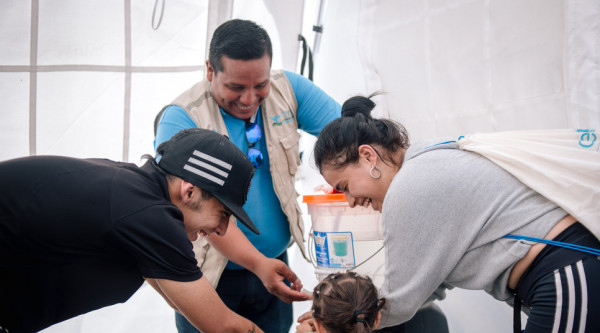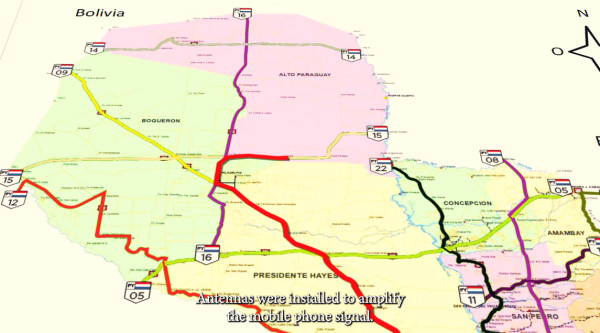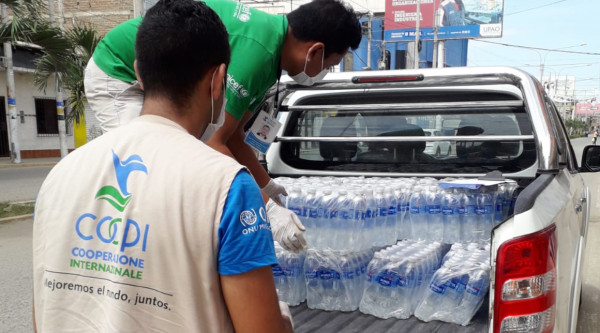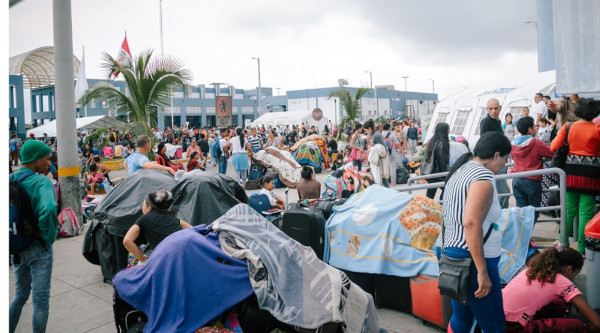In Colombia, COOPI directs its actions toward strengthening national and local capacities in strategic territories, using a comprehensive and multisectoral approach that prioritizes both environmental protection and assistance to populations in vulnerable situations. The organization focuses its work on border regions, where multiple social, environmental, and humanitarian challenges converge. Likewise, COOPI works closely with local organizations to strengthen native ecosystems, such as those in the Colombian and transboundary Amazon.
In the Colombian Pacific, COOPI focuses on communities affected by armed conflict, providing support to internally displaced and confined populations. In Urabá Antioqueño, its intervention targets people in human mobility, including beach dwellers, transient populations, host communities, and returnees. In the Amazon region, COOPI implements medium- and long-term programs aimed at preventing and controlling deforestation, forest degradation, and wildfires. In particular, in the department of Vaupés, within the indigenous reserves of the Eastern Landscape and the Trinational Corridor between Colombia, Peru, and Brazil, it works in coordination with local communities, territorial authorities, and institutional actors. The organization promotes sustainable approaches and nature-based solutions that contribute to biodiversity conservation, climate change mitigation, and community resilience.
Furthermore, COOPI promotes training and knowledge-exchange processes to strengthen integrated forest management and foster environmental governance models. With a special focus on supporting indigenous populations, especially women and youth, COOPI reaffirms its commitment to sustainable development and climate justice in the country.













